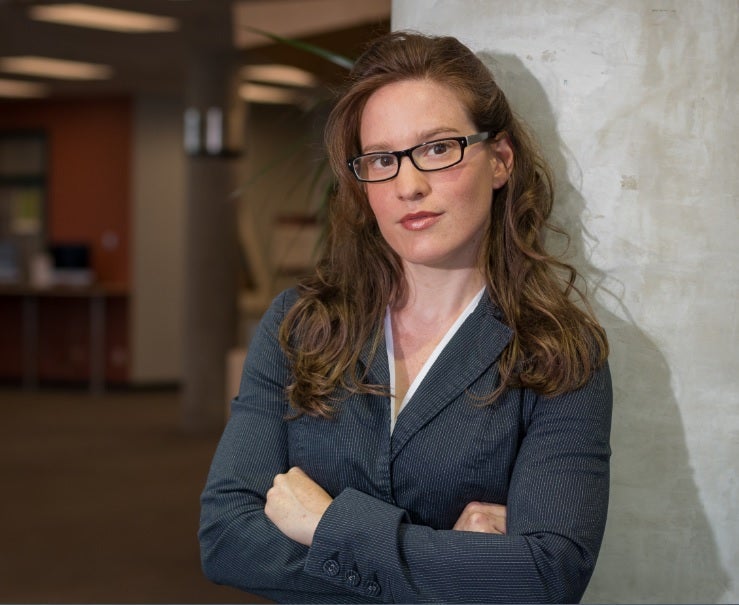Sociology doctorate Emily Milne (PhD '15) has received nationwide media coverage when research from her dissertation on family-school relationships among Indigenous peoples was recently published in two journals, including the Canadian Review of Sociology.

The Canadian Press story below covers some of the key research findings.
A study suggests the legacy of residential schools has left some Indigenous people more wary and fearful of Canada's current education system.
The study, published in this month's issue of the Canadian Review of Sociology, suggests that distrust leads parents to be less engaged with teachers and could hurt their children's education.
The article is based on interviews with dozens of educators and parents from southern Ontario. The majority were Indigenous.
Researcher Emily Milne, assistant professor of sociology at MacEwan University in Edmonton, said virtually every Indigenous participant was touched in some way by the residential school experience.
"People expressed a bit less comfort with schools. There was a bit less trust there with schools because of this history," Milne said.
"It was very much part of their educational experience, discrimination that they experienced while they were in school."
About 150,000 First Nations, Inuit and Métis children were taken from their families and forced to attend government schools. The last school closed outside Regina in 1996.
The Truth and Reconciliation Commission heard graphic testimony from survivors who detailed physical, sexual and emotional abuse. Their children talked about the intergenerational trauma they suffered as a result.
The commission estimated at least 6,000 children died at the schools.
One person Milne interviewed told her: "I have the worst fear of teachers ... Even if the teacher is the same age as me, I'm still nervous around them." [...]